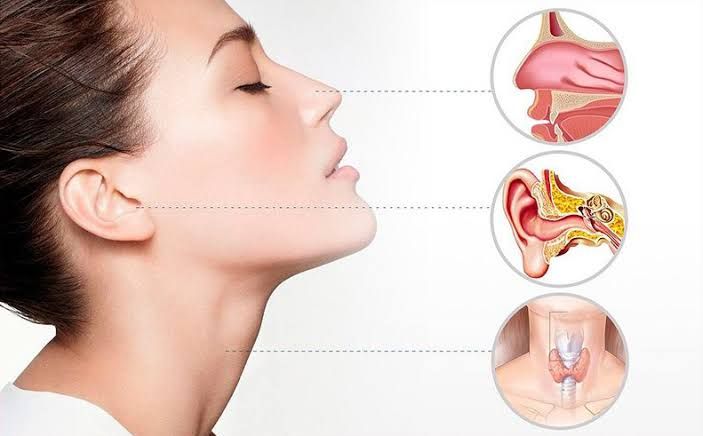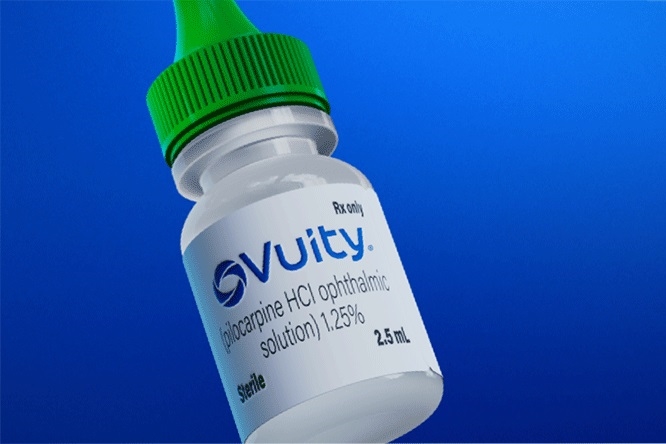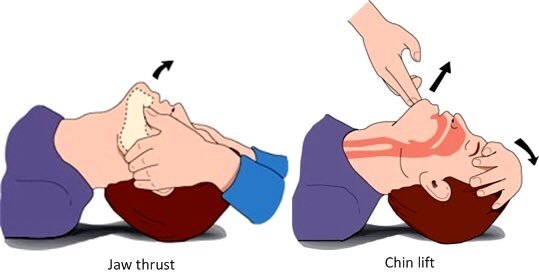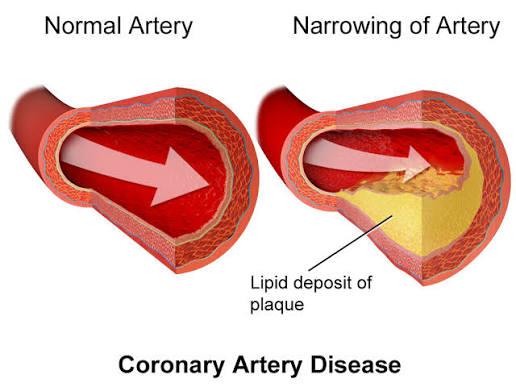
Drugs and Antibiotics Used in ENT: Uses and Side Effects
In the field of Ear, Nose, and Throat (ENT) medicine, a variety of drugs and antibiotics are utilized to treat infections, manage symptoms, and alleviate conditions affecting these areas.
- Antibiotics: Commonly prescribed antibiotics include amoxicillin, azithromycin, and cefdinir.
- Uses: These antibiotics are primarily used to treat bacterial infections such as otitis media (middle ear infection), sinusitis, and pharyngitis (sore throat).
- Side Effects: Potential side effects can include gastrointestinal disturbances (nausea, vomiting, diarrhea), allergic reactions (rash, anaphylaxis), and alterations in gut flora leading to secondary infections like Clostridium difficile.
- Steroids: Corticosteroids such as prednisone or dexamethasone are often used in ENT.
- Uses: They are effective in reducing inflammation associated with conditions like allergic rhinitis, sinusitis, and laryngeal edema.
- Side Effects: Long-term use can lead to systemic side effects including weight gain, osteoporosis, hypertension, diabetes mellitus exacerbation, and increased susceptibility to infections.
- Anti-Allergies: Antihistamines like cetirizine or loratadine are commonly used.
- Uses: These medications help alleviate symptoms of allergic rhinitis by blocking histamine receptors.
- Side Effects: Side effects may include sedation (especially first-generation antihistamines), dry mouth, dizziness, and potential urinary retention.
- Nasal Decongestants: Medications such as pseudoephedrine or phenylephrine are frequently employed.
- Uses: They relieve nasal congestion by constricting blood vessels in the nasal passages.
- Side Effects: Possible side effects include increased blood pressure, insomnia, nervousness, dizziness, and rebound congestion if used for prolonged periods.
- Topical Sprays: Intranasal corticosteroids like fluticasone or mometasone are widely used.
- Uses: These sprays reduce inflammation in the nasal mucosa for chronic rhinosinusitis or allergic rhinitis.
- Side Effects: Local side effects may include nasal irritation or bleeding; systemic absorption is minimal but can occur with long-term use.
Significance of Steroids, Anti-Allergies, Nasal Decongestants, and Topical Sprays
The significance of these medications lies in their ability to effectively manage symptoms associated with various ENT disorders:
- Steroids, particularly when administered topically via nasal sprays or systemically for severe cases, play a crucial role in controlling inflammation that contributes to airway obstruction and discomfort.
- Anti-allergy medications, especially antihistamines that target allergic responses directly at the receptor level, provide symptomatic relief from sneezing and itching while improving overall quality of life for patients suffering from allergies.
- Nasal decongestants, while providing rapid relief from congestion due to colds or allergies through vasoconstriction mechanisms, must be used judiciously to avoid rebound congestion—a common issue with overuse.
- Topical sprays, particularly intranasal corticosteroids have become a cornerstone in managing chronic inflammatory conditions due to their localized action with minimal systemic side effects compared to oral steroids.
Toxicity of Local and Topical Anesthetics Used in ENT (XYLOCAINE)
Lidocaine (commonly known by its brand name XYLOCAINE) is a local anesthetic frequently utilized in ENT procedures:
- Mechanism of Action: Lidocaine works by blocking sodium channels on neuronal membranes which prevents the initiation and conduction of nerve impulses.
- Toxicity Risks:
- Systemic toxicity can occur if lidocaine is absorbed into the bloodstream during administration. Symptoms may include CNS effects such as seizures or drowsiness followed by cardiovascular complications like hypotension or arrhythmias.
- The risk increases with higher doses or inadvertent intravenous injection; thus careful dosing is essential during procedures involving sensitive areas such as the throat or ears where vascularization is high.
- Management of Toxicity:
- Immediate management includes ensuring airway protection if seizures occur; administering oxygen; using benzodiazepines for seizure control; and monitoring cardiac function closely.
Drug Interactions with Systemic Disease
Drug interactions can significantly impact patients with systemic diseases:
- Patients with liver disease may experience altered metabolism of drugs like acetaminophen leading to toxicity due to impaired hepatic clearance.
- Renal impairment affects the excretion of many drugs including certain antibiotics which necessitates dose adjustments based on renal function tests (e.g., creatinine clearance).
- Cardiovascular diseases may complicate the use of decongestants due to their sympathomimetic properties which can elevate blood pressure—caution should be exercised when prescribing these agents.
- Diabetes management can be affected by corticosteroid use which may induce hyperglycemia; hence monitoring glucose levels becomes critical during steroid therapy.
- Lastly, drug-drug interactions must be carefully considered when prescribing multiple medications for patients who have comorbidities—this includes assessing potential additive toxicities or antagonistic effects between different classes of drugs being administered concurrently.
In conclusion:
- The management of ENT conditions involves a multifaceted approach utilizing various classes of medications including antibiotics for infections; steroids for inflammation; anti-allergy agents for allergic reactions; nasal decongestants for symptomatic relief; topical sprays for localized treatment; awareness regarding local anesthetic toxicity; and careful consideration regarding drug interactions especially among patients with systemic diseases.







